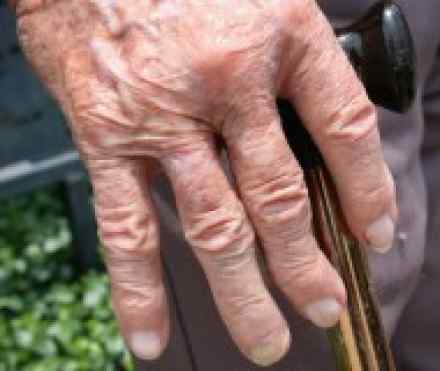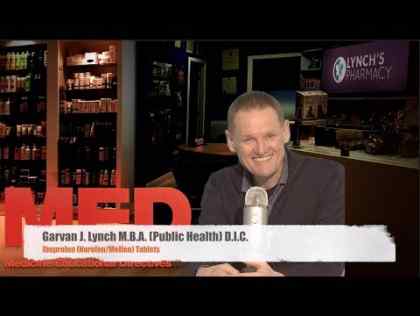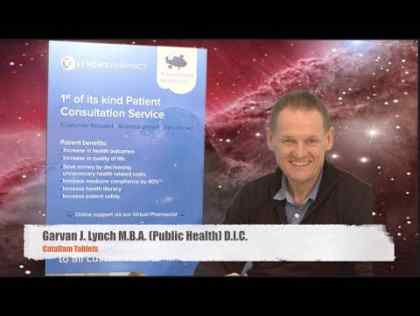Rheumatoid Arthritis is two to three times more common in women than in men and generally occurs between the ages of 40 and 60. While there's no cure for Rheumatoid Arthritis, treatment options have expanded greatly in the past few decades.
How do I recognise it?
Signs and symptoms of rheumatoid arthritis may include:
-
Joint pain
-
Joint swelling
-
Joints that are tender to the touch
-
Red and puffy hands
-
Firm bumps of tissue under the skin on your arms (rheumatoid nodules)
-
Fatigue
-
Morning stiffness that may last for hours
-
Fever
-
Weight loss
Causes
Rheumatoid Arthritis occurs when your immune system attacks the synovium, the lining of the membranes that surround your joints. The resulting inflammation thickens the synovium, which can eventually invade and destroy the cartilage and bone within the joint. The tendons and ligaments that hold the joint together weaken and stretch. Gradually, the joint loses its shape and alignment.
Doctors don't know what starts this process, although a genetic component appears likely. While your genes don't actually cause Rheumatoid Arthritis, they can make you more susceptible to environmental factors — such as infection with certain viruses and bacteria — that may trigger the disease.
How do you treat it?
Like any disease, even if there is no cure, there is almost always something you can do to manage it and take control. There are three main areas involved in the treatment of any disease:
For information on medicines and therapies relevant to Rheumatoid Arthritis, make an appointment at Lynch's Pharmacy, Broadale, Douglas, Cork on 021-4366923.
Learn all about the drugs used to treat the disease and any complementary medicines or therapies proven to help. Equip yourself with the tools to manage the condition and not be managed by it.
How do you live with it?
Certain adjustments may be needed to get on with your life, and often, some simple tips and advice can go a long way to making these changes.
When you come to a Lynch's Pharmacy Clinic we give you all the necessary information available to make your life more manageable and allow you to live better with your condition.
References
http://www.arthritis.org/about-arthritis/types/rheumatoid-arthritis/
RA, information for patients http://www.cks.nhs.uk/patient_information_leaflet/rheumatoid_arthritis_arc/structured_view/who_gets_rheumatoid_arthritis
http://www.medicinenet.com/rheumatoid_arthritis/article.htm
https://www.hse.ie/eng/health/az/R/Rheumatoid-arthritis/Symptoms-of-rheumatoid-arthritis.html








